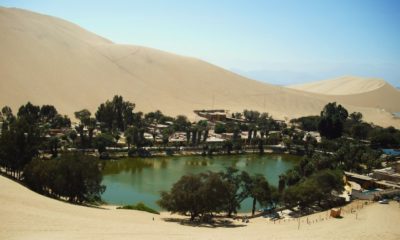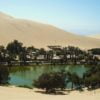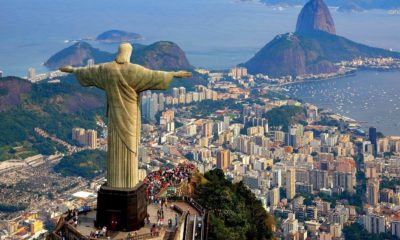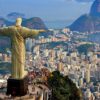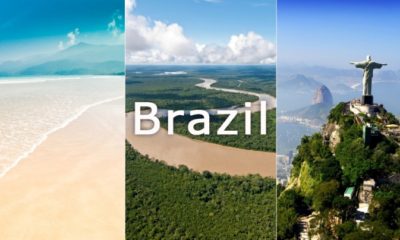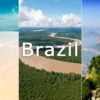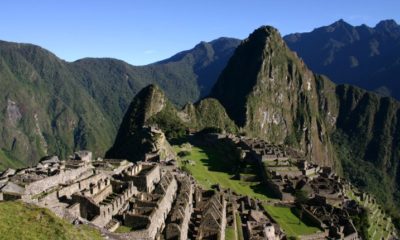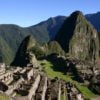South America
Backpacking Paraguay Need To Know
Basics
Language:
Capital:
Currency:
| Dial Code:
International Access Code:
Emergency Services Number:
Time Difference:
|
Entry
Most EU citizens don’t need visas to visit Paraguay for up to 90 days, but US, Canadian, Australian and New Zealand citizens do need visas.
For citizens of nations who require visas, they can be obtained at an Embassy or Consulate of Paraguay. You may be able to apply on arrival, but only at the International Airport in Ascunción. Fees range depending on nationality.
Your passport should be valid for the proposed duration of your stay. No additional period of validity beyond this is required.
Make sure your passport is stamped by an immigration official, dated, signed and sealed on arrival. Anybody without an entry stamp in their passport will be fined when they leave the country.
For official information visit your home government travel bureau.
Getting Around
More detail is to come in this section, but you can read about general advice regardingGetting Around When You Get There
Recommended For Further Information
If you are heading to multiple destinations in South America I highly recommend picking up a copy of Lonely Planet’s; South America On A Shoestring. It provides the most relevant, up-to-date advice on what to see and skip, how to get around, where to stay, and how to optimise your budget for an extended continental trip…

Accommodation
Paraguay has plenty of hostels in major towns, cities and tourists areas.
The average price of a hostel is 37,000-74,000 PYG (£5-10) a night. Hotels can also be relatively cheap, but vary in quality.
All hostels in Paraguay will provide linen and bathroom facilities. Usually there will be cooking and internet facilities as well as common and laundry rooms.
Read more about Accommodation When You Get There and Living in Hostels
Food And Health
Food hygiene and safety in Paraguay is satisfactory, but is not up to Western standards. Use your instincts; if the place looks dirty, don’t eat there; if your food isn’t piping hot, don’t eat it.
Water is generally not safe to drink, so it is best to buy bottled or boil.
Facilities for good private medical care exist but are limited to the major cities. Make sure you have adequate travel health insurance and accessible funds to cover the cost of any medical treatment abroad and repatriation.
Dengue fever is present in Paraguay. Always contact your GP around 8 weeks before your trip to check whether you need any vaccinations or other preventive measures. Visit here for Recommended Vaccinations and read here for more about Travelling Health In General
Weather & Time To Go
The North has a tropical climate and the South is subtropical, meaning Paraguay is hot during the majority of the year. The Eastern Region is more humid and rainy, while the West is arid and dry.
Communications
Internet and wifi is widespread and is accessible in most hostels and hotels. International calling cards are also cheaply available.
Dangers And Considerations
Crime levels are moderate to high.
Thieves, pickpockets and scam artists commonly operate in tourist areas and on public transport networks. Pickpockets often work in gangs, some distracting you while the others go into your bags, so be alert and try not to get distracted around tourist attractions and cash points.
Passport thefts are common. Leave your passport in a hotel safe or security box and keep a photocopy of the details page with you at all times, as it is a legal requirement to carry ID.
There are severe penalties for drug trafficking. Prison sentences are mandatory, without bail, and prisons standards are poor.
Only exchange money at reliable places like banks and ATMs, as there are a great number of forged banknotes in circulation.
Dangers constantly change. Always check with your foreign office (British Foreign Office webpage) or travel advice bureau for the latest information regarding your destinations safety.



